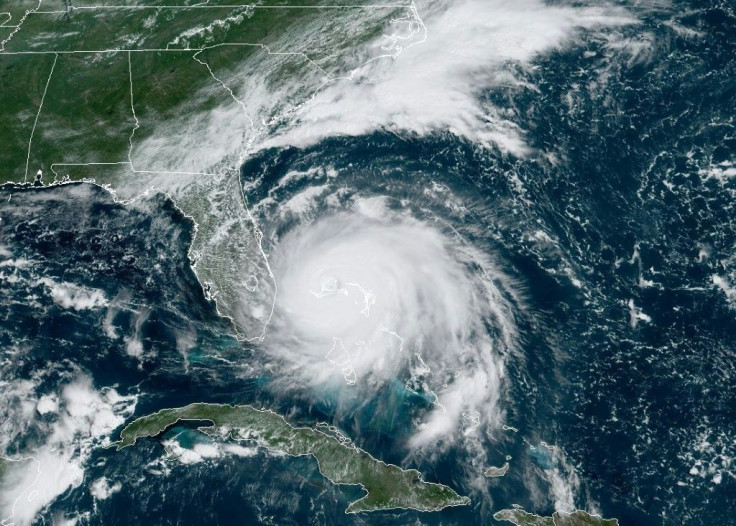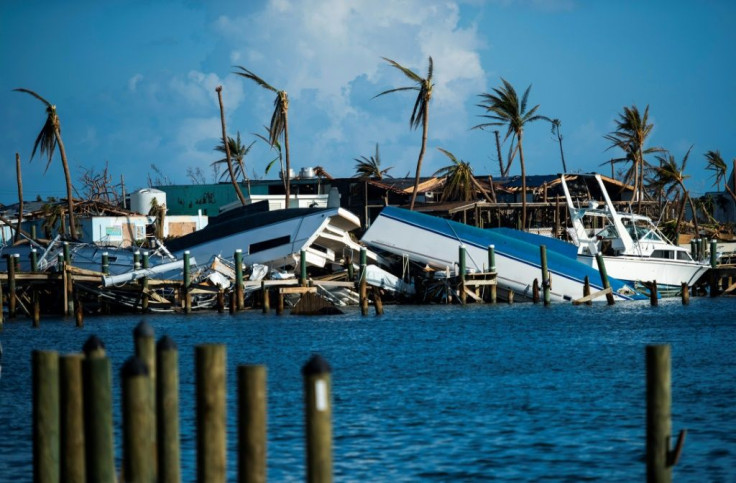Hurricanes Are Getting Stronger, Nearly 4 Decades Of Data Shows

KEY POINTS
- According to about 40 years of data, hurricanes are getting stronger
- The probability of storms becoming major hurricanes increased by 8% per decade
- The trend is consistent with expectations of how hurricanes react to global warming
Researchers analyzing almost 40 years worth of data found hurricanes were getting stronger, a trend that was observed in nearly every region where these tropical storms form.
In 2013, National Oceanic and Atmospheric Administration scientist James Kossin and his colleagues released a study suggesting strong global tropical cyclones have become more intense. Back then, the researchers used a 28-year data set, but they saw the need for further studies to land more conclusive results since the period they used was close to but shorter than the time needed to observe a statistically significant trend.
For a new study published May 18 in the Proceedings of the National Academy of Sciences, researchers, including Kossin, used hurricane satellite imagery spanning nearly 40 years from 1979 to 2017.
"The main hurdle we have for finding trends is that the data are collected using the best technology at the time," Kossin said in a news release from the University of Wisconsin-Madison. "Every year the data are a bit different than last year, each new satellite has new tools and captures data in different ways, so in the end we have a patchwork quilt of all the satellite data that have been woven together."
Using the nearly 40-year data, the researchers found storms did get stronger as the decades passed. Specifically, the probability of storms reaching a major hurricane status increased by about 8% each decade.
"In other words, during its lifetime, a hurricane is 8% more likely to be a major hurricane in this decade compared to the last decade," Kossin told CNN. "Almost all of the damage and mortality caused by hurricanes is done by major hurricanes (category 3 to 5). Increasing the likelihood of having a major hurricane will certainly increase this risk."

The most significant changes were observed in the North Atlantic, while the southern Indian Ocean, north Pacific and south Pacific also reflected noteworthy changes. However, the western North Pacific exhibited no change.
Even though the northern Indian Ocean reflected a decreasing trend, researchers described the change as "highly insignificant and based on a small sample of data."
According to Kossin, having the storms becoming stronger on regional and global levels is consistent with how hurricanes react to a warming world, in that warmer oceans lead to stronger hurricanes. Although the study does not pinpoint the extent to which the trends are affected by human activity or natural occurrences, it does add to the data that showed global warming was making hurricanes stronger.
"Through modeling and our understanding of atmospheric physics, the study agrees with what we would expect to see in a warming climate like ours," Kossin said.
Recently, scientists from Colorado State University in Fort Collins predicted the United States hurricane season this year could be more active than usual. In their forecast, the scientists predicted four out of the eight possible hurricanes this year could reach a Category 3 or higher.
During the 2019 hurricane season, three out of the six hurricanes ended up becoming major hurricanes.
© Copyright IBTimes 2025. All rights reserved.





















